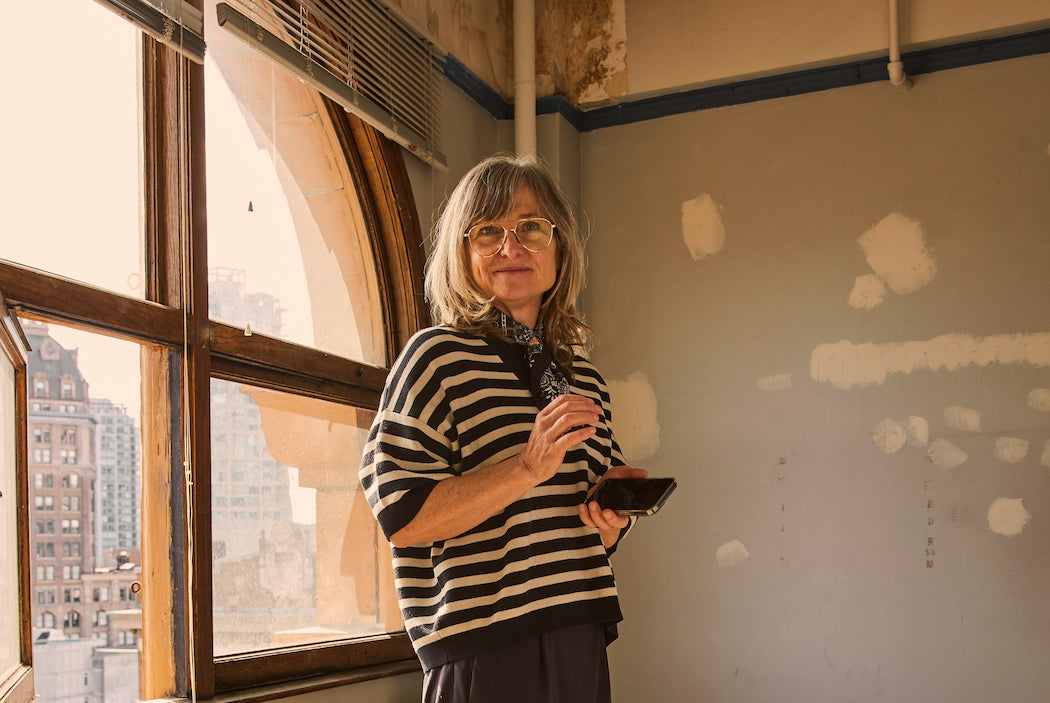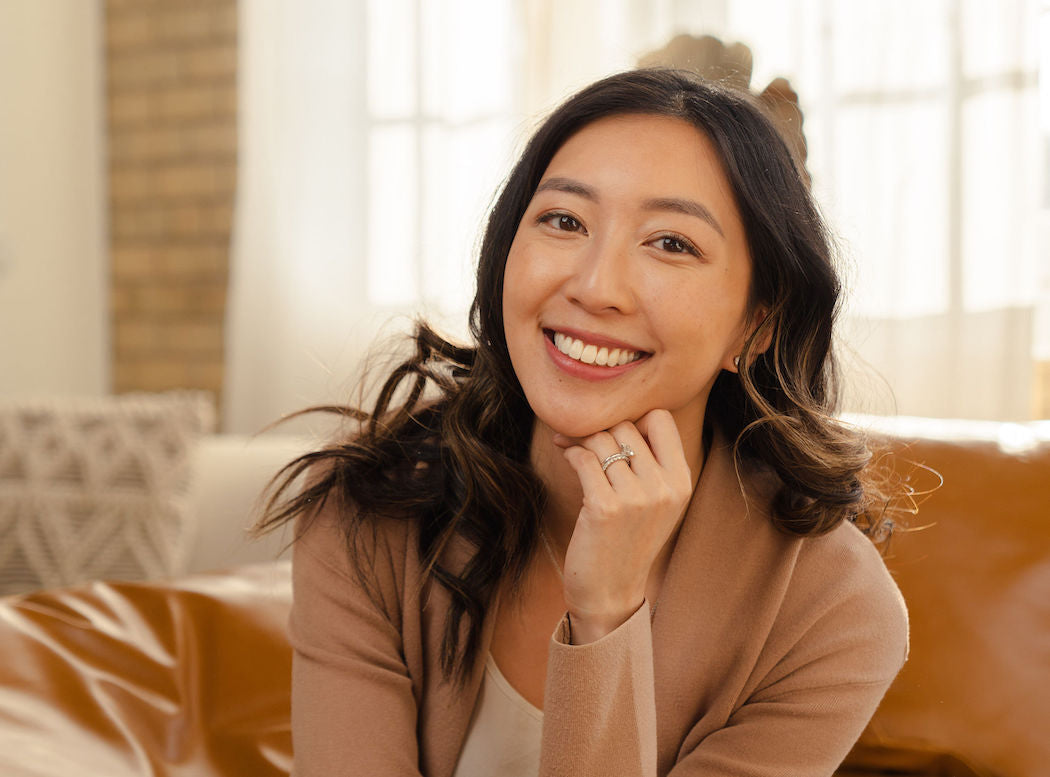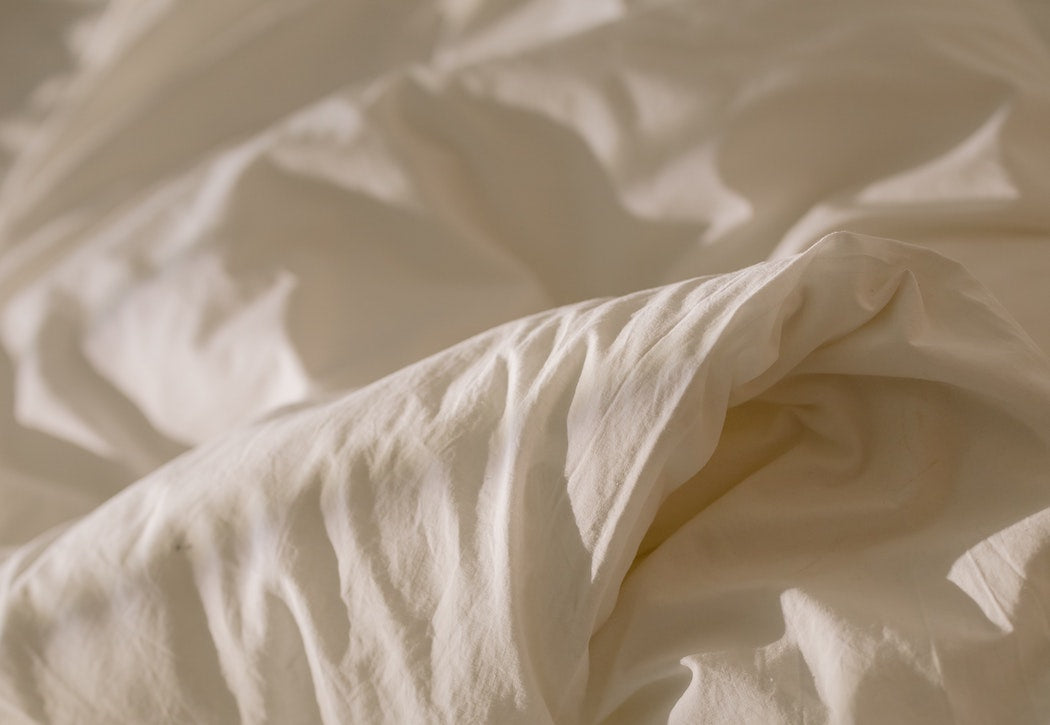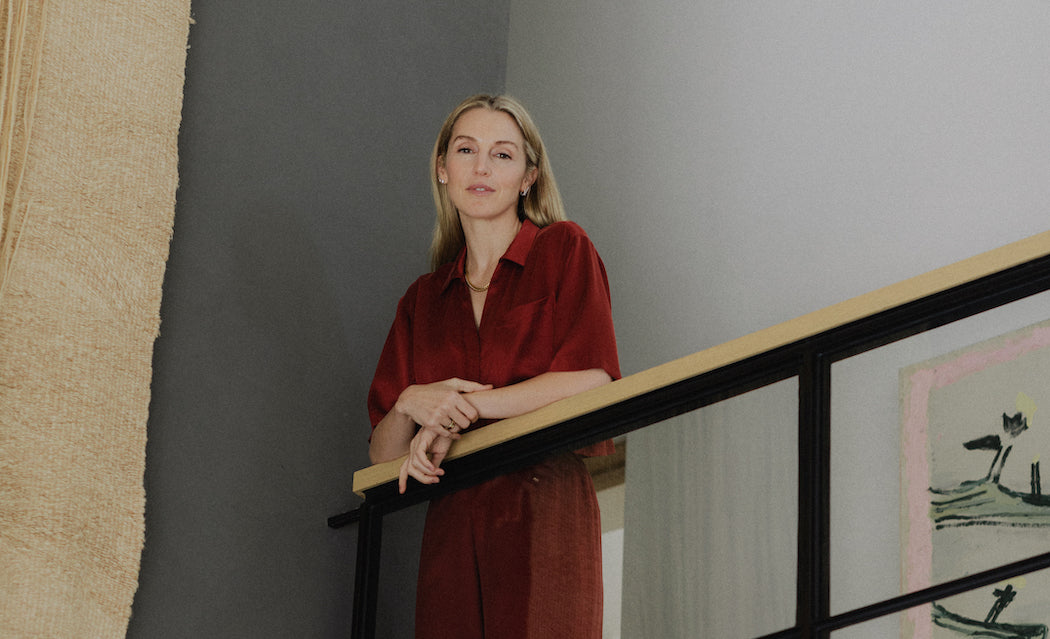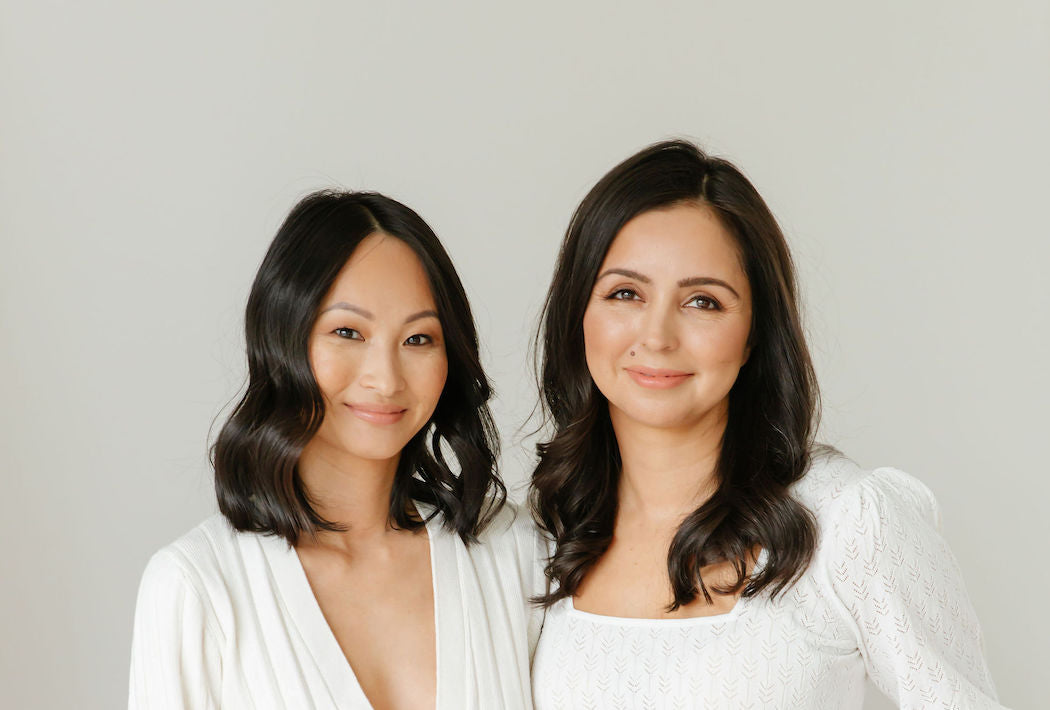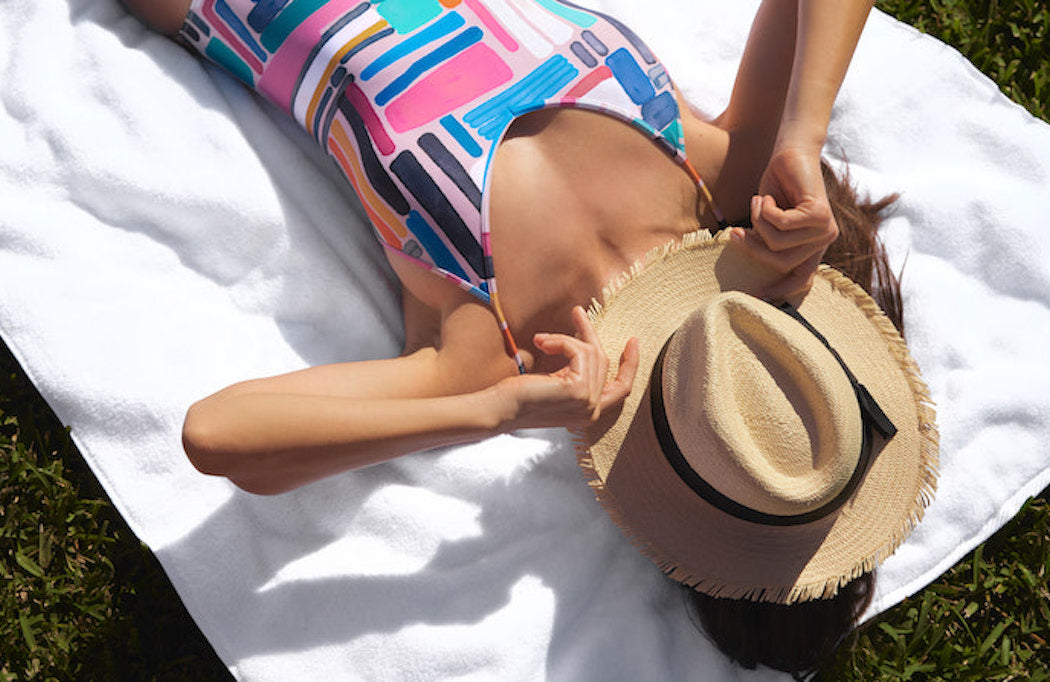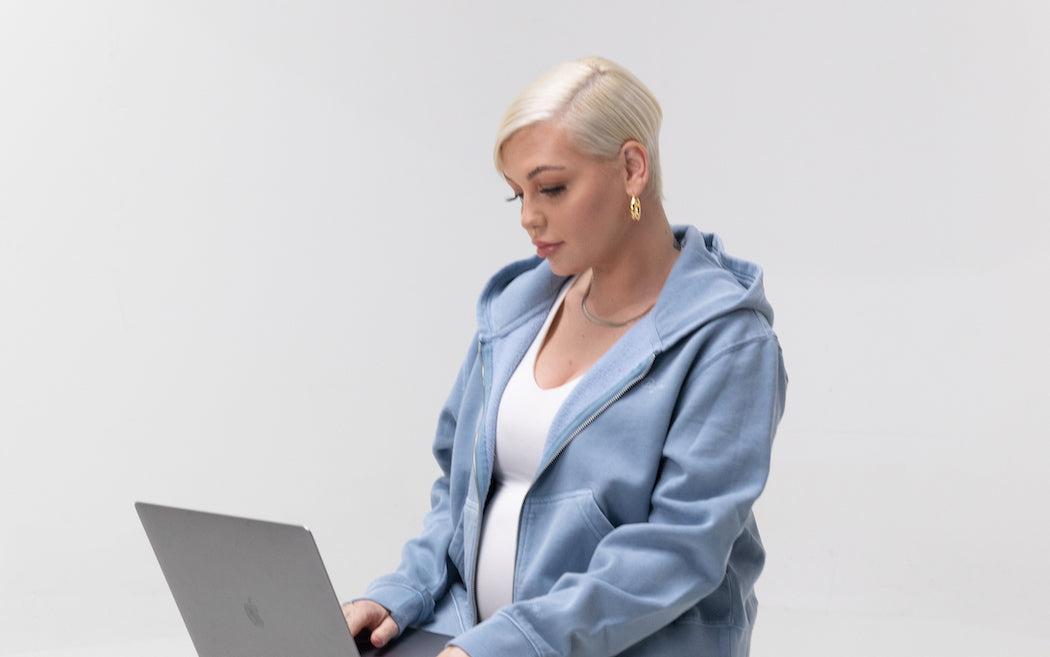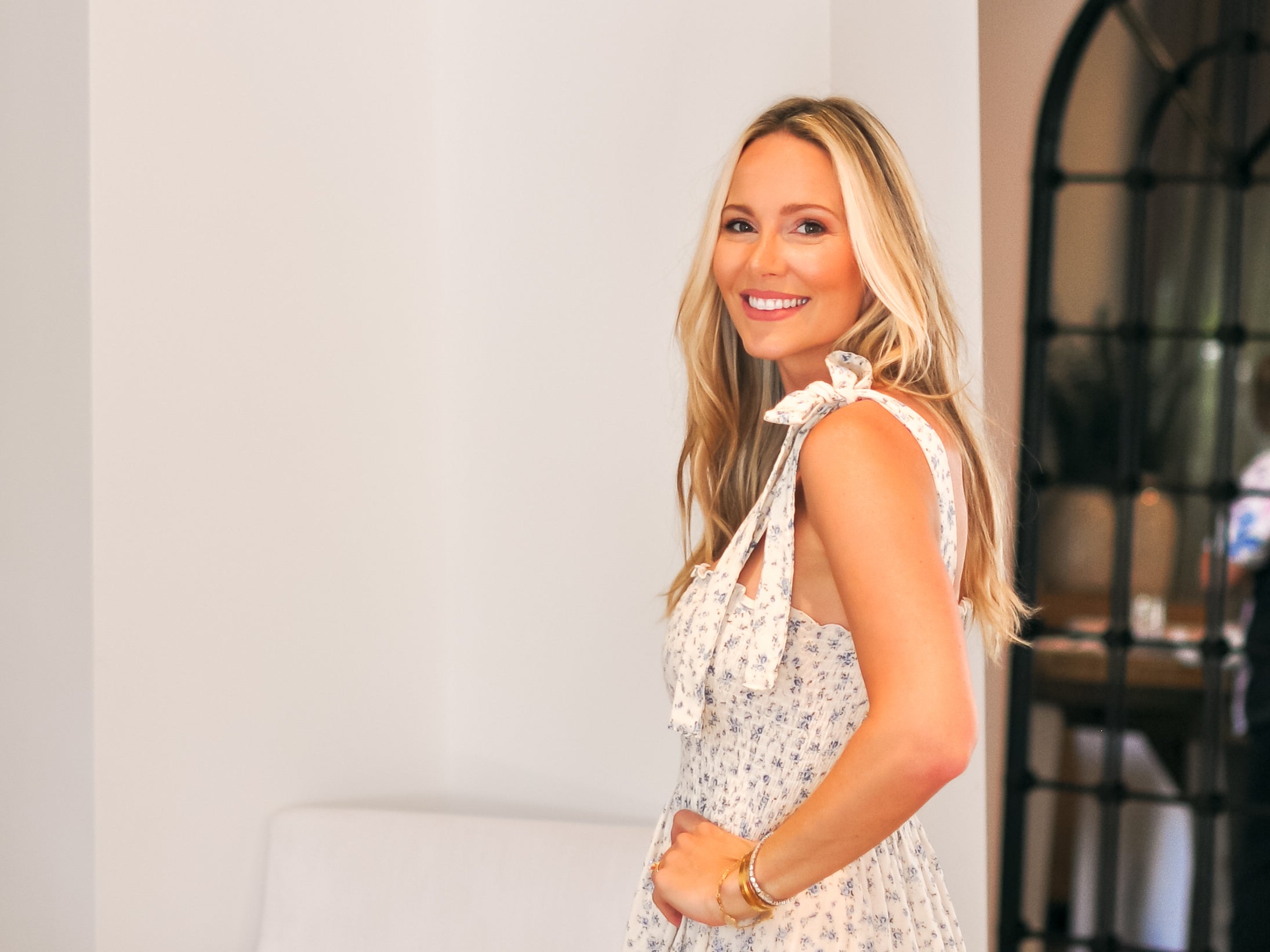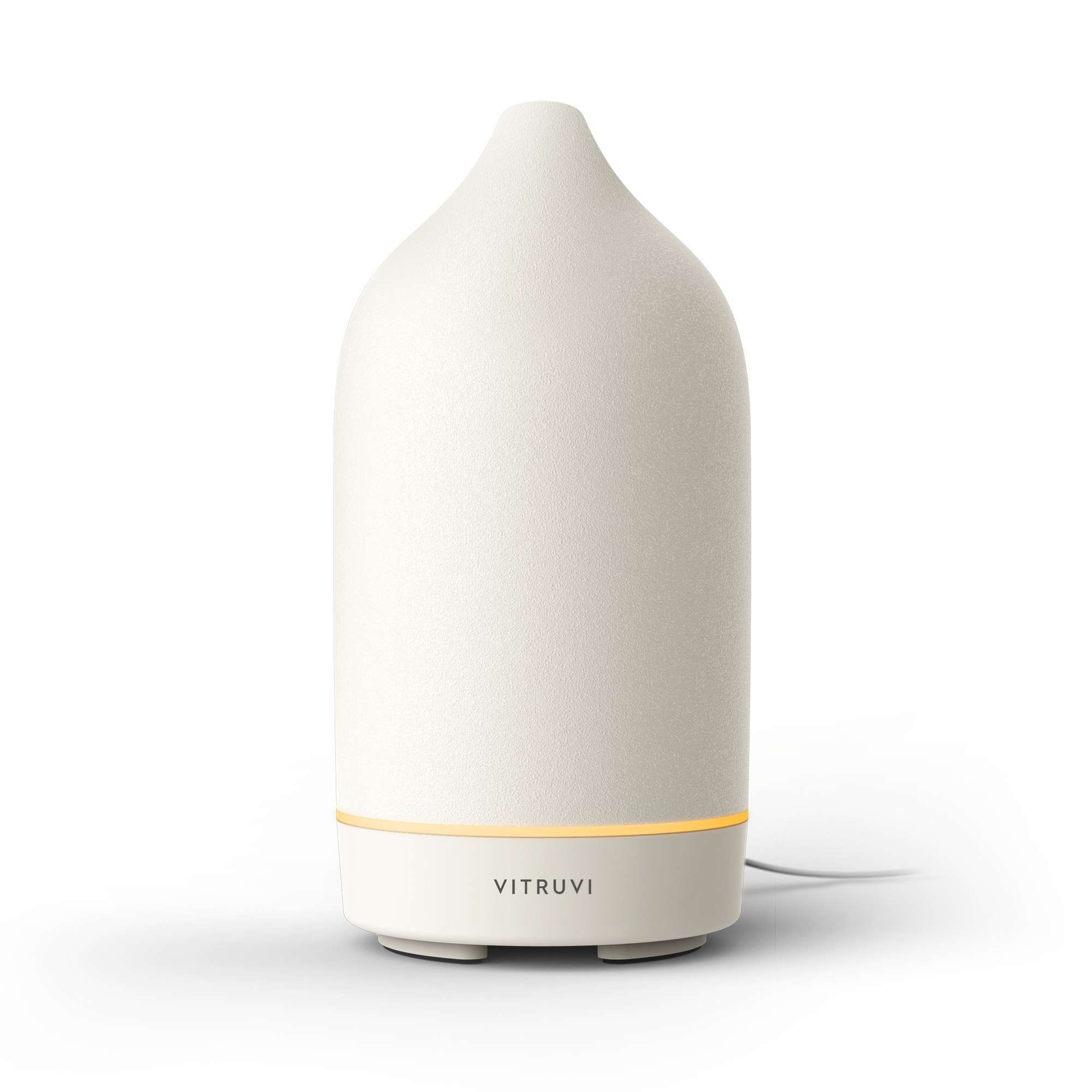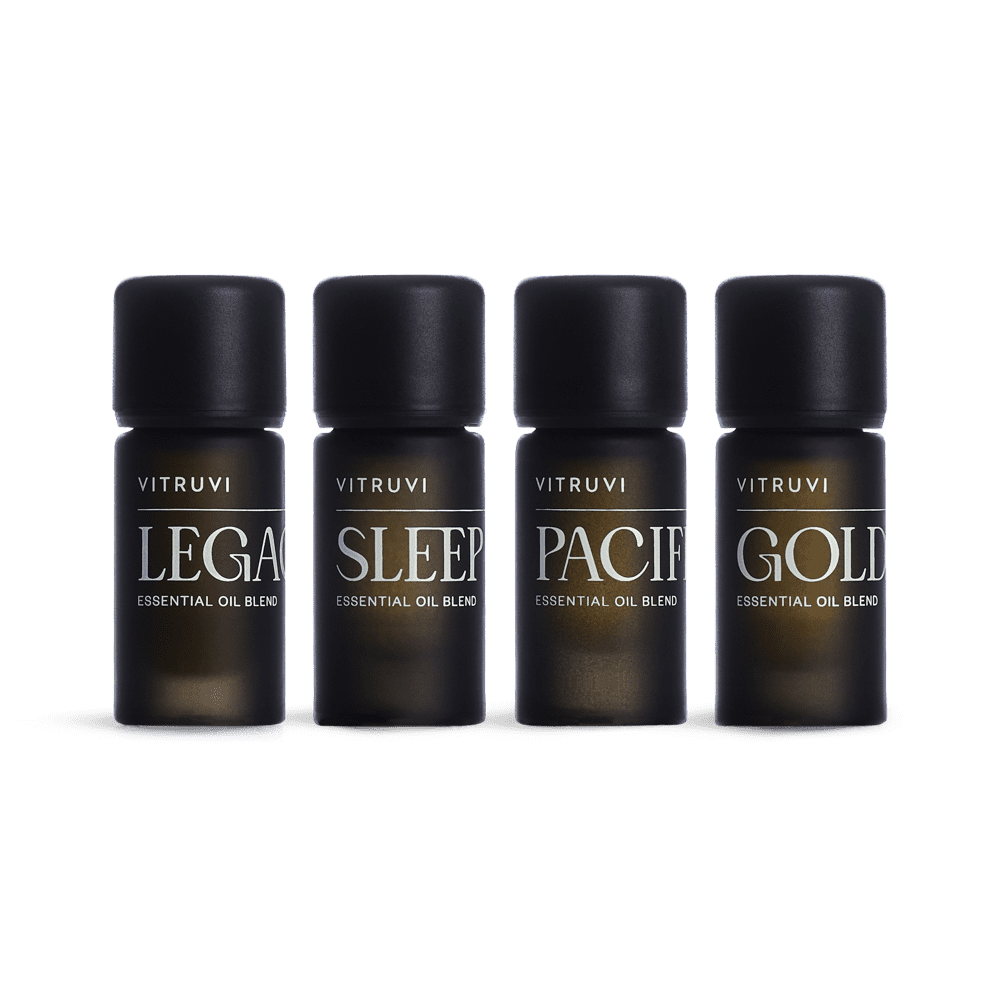“I am everything and fucking more,” says Corey Rae. “I literally am my own dream come true.”
She doesn’t say this to be vain—she says this to affirm her identity and celebrate her journey. When Rae looks in the mirror, she finally sees the woman she always knew she was.
The influencer, model, activist, and writer is known as the world’s first transgender prom queen—a title she won at her progressive high school in New Jersey. Since then, her charismatic star power has only expanded: she moved to Los Angeles; she worked on campaigns for Ugg and Ipsy; and she had her prom story picked up by a film production company (“My movie moment is getting its movie moment,” she says with a smile). Brave, ambitious, and wholly herself, Rae is the epitome of the adage “you ain’t seen nothing yet.”
Via video from her home, she discusses Pride month, how much work we have left to do to support the LGBTQIA+ community, and the power of being a woman.
What are your thoughts on Pride month and so-called rainbow capitalism?
It’s interesting because yes, these brands are caring in the sense of: they care about how they’re perceived. But they are putting money into LGBTQ+ people’s pockets, and that for sure is helpful.
When I was growing up, and when I was transitioning, there was none of that. Absolutely at all. Going into Nordstrom and seeing a Pride section was never anything in my wildest dreams that I could’ve thought would happen. So yes, it’s amazing because these companies are actually putting their reputations on the quote-unquote line.
Of course, there's still so much more work to do about having LGBTQ+ representation year-round, but we’re getting there. And if one month is what we’ve got right now where they are shelling out the dough and saying, “We appreciate you and we want to promote you and we want to have you promote us,” I’ll take it for now. But there’s a lot still left to do, for sure.
Could you expand on, for you, some of the work that we still have left to do?
Everything. The right to have a say over our own bodies. The right to transition when and how we like. No anti-trans legislation, no anti-LGBTQ legislation. No telling transgender kids whether or not they can be on hormone blockers or hormone replacements or hormone therapy. No telling trans kids that they can’t play sports of their desired sex at school. No telling transgender people in general that they don’t have the same rights as cis-het people. Not just tolerance but acceptance, and not just equity but equality. General respect, support, love. The perception that trans people can be young and hot and sexy and have sex and be cool and happy and successful. That we have supportive families; that we have places of worship that are supportive; that we have friends that are supportive; that it is possible to transition; that it’s possible to transition and be happy; that it’s possible to be happy with your surgery results. It’s also not necessary to have surgery, even if you identify as transgender; it’s not necessary to go on hormones. We don’t have to confine ourselves to any sort of binary or categorization.
So, a lot. We are just at the tippy-top of the iceberg.
On the other side of that, looking back from when you were crowned prom queen to now, what has it been like to see the incremental positive steps that have been taken?
It’s gotten easier and harder. When I transitioned, it was pre-Caitlyn Jenner, and before Laverne Cox was on Orange Is the New Black. Of course there was transgender “representation,” for lack of a better word, in film and TV, but it was always really horrible things that were happening to trans people. It wasn’t showing trans kids or any trans person that they could be happy or successful—and [suggested] that the transition process would be horrid and that you were not going to be happy afterward.
I look in the mirror sometimes and it’s not like, “Oh my god, I’m amazing.” It’s like, “Oh my god, you did this. You’re hot. You have sex with a vagina. How cool is this?” I didn’t even know if I could transition when I was younger. I didn’t know that transgender was a thing. I just felt like a woman and I thought I was crazy—and that if I told anyone I’d be sent to an asylum, or I’d have to grow up and be gay and marry a man and look like a man. So that stuff has gotten easier because people know now there’s this thing called transgender, and it’s possible transition, and you can live this happy life.
On the other end, when I was transitioning, again this was pre-Caitlyn and Laverne. There were no bathroom laws, there was no anti-transgender legislation. We weren’t even being talked about in the news, let alone having legislation about us.
How do you ground yourself with so much going on in your life?
I practice a lot of gratitude every morning. I use The Five Minute Journal. Taking time for my skincare; taking time for little mini at-home workouts and yoga and stretching. And writing: I love to write, and I love thinking of new movie ideas or show ideas that I can make about my life. I kind of realized I have so many cinematic stories that I might as well just turn all of them into something.
What does being a woman mean to you?
It’s everything. It’s a dream come true to be able to be perceived as a woman and to present as the woman I have always been. And I think embracing that natural femininity that comes to people who do identify as women is so cool. We think in a different way, we move in a different way.
It is incredibly powerful. I love it.
This interview has been edited and condensed for clarity.


